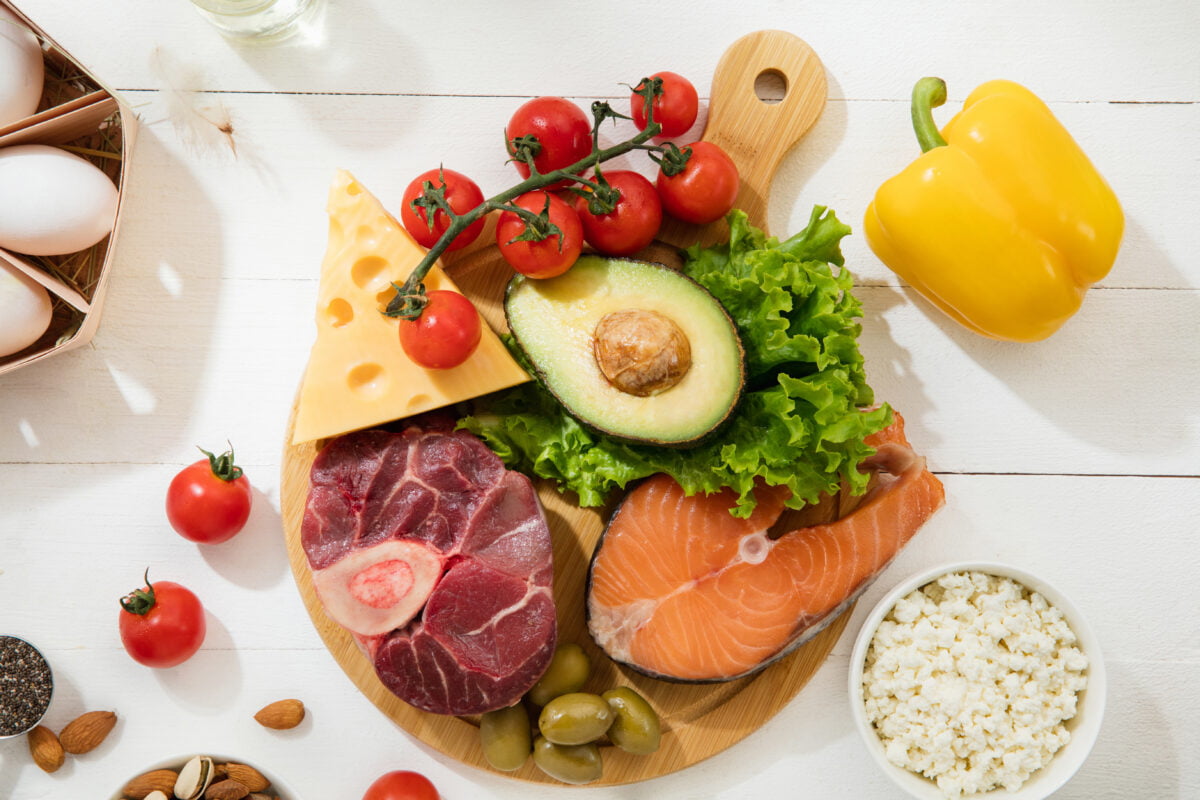The healing of skin cells largely depends on your food choice. A healthy and balanced diet comprising proteins, healthy fat, fresh fruits, and raw vegetables are best for increasing cell turnover and healing damaged or injured skin cells. However, unhealthy food choices such as fast food, alcoholic beverages, and processed foods can slow the cell’s recovery process.
Let’s have a look at some best food choices that can exceptionally boost the repairing of the damaged cells either after an injury or surgical procedures.
Best Foods for Boosting Skin Healing Process
Avocado
Avocados are packed with healthy fats, vitamin E, and soothing properties, making them an ideal choice for boosting wound healing. Vitamin E can also help the skin cells prevent premature aging signs by tightening skin, preventing sunburn, and rejuvenating skin. Moreover, a high quantity of plant sterols, antioxidants, and essential minerals can induce collagen production and reduce inflammation, thus leading to healthier skin.
Coconut
The healthy fats and vitamins present in coconut can help minimize skin pores, thus preventing acne breakouts. It also contains vitamin C which helps repair damaged skin cells and combats oxidative radicals.
Furthermore, coconut oil is a supernatural moisturizer for dry, flaky, and acne-prone skin types and leaves skin extra glowing.
Yogurt
Known for its healing and anti-inflammatory properties, yogurt is a prebiotic-rich food that can help fight acne-causing bacteria. Furthermore, it contains a large quantity of protein that can help nourish the skin cells by improving skin elasticity and youthfulness. Yogurt also helps restore the natural barrier of skin required for protection against bacteria or environmental pollutants.
Berries
Berries are filled with healthy nutrients, antioxidants, and vitamin C that can help speed up the process of wound healing by promoting the production of collagen.
The high level of anthocyanins (antioxidants) found in berries can help strengthen the immune system and fight oxidative stress. The National Institute of Health states that anthocyanins have anti-inflammatory and antimicrobial properties, thus helping protect against non-communicable diseases and multiple skin infections.
Nuts and Seeds
Nuts and seeds such as almonds, walnuts, hemp, and sunflower seeds contain a high amount of plant proteins, vitamin E, minerals, and healthy fats that can help boost the skin healing process. Vitamin E can also improve immunity, help fight infectious diseases, and repair injured or dead skin cells.
Soy
Having a high amount of antioxidants such as isoflavones, soy is highly beneficial for increasing cell turnover and repairing injured skin cells. Moreover, it can reduce premature aging signs such as wrinkles, fine lines, and pigmented skin.
Salmon
Salmon contains a high quantity of protein, iron, zinc, and omega-3- fats. Studies claim that taking omega-3-fats can help regulate the immune system, heal damaged cells, and fight inflammation. Salmon can also reduce the risk of hyperpigmentation, eczema, and sunburn, hence helping you get healthier and juvenile skin.
Bottom Line
While recovering from an injury or skin damage, you must take foods high in nutrients that help your body heal and recover. Anti-inflammatory and high-protein diets can boost the skin’s healing process.
Furthermore, make sure to get plenty of rest, stay hydrated, and refrain from smoking and drinking alcohol to promote maximum healing.

